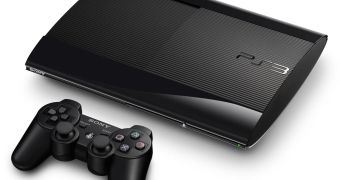Michael Pachter, an analyst who is watching the gaming industry for Wedbush Morgan, believes that the recently uncovered patent for Near Field Communications from Sony will not have a big impact on GameStop prospects in the long term.
In a note to investors, which Kotaku has seen, the analyst states, “The news has negatively impacted GameStop shares, and we think the reaction is overblown. Sony benefits little from a unilateral decision to block games. Sony’s sales would rise only marginally if the PS4 blocked used games.”
He adds, “Sony would be materially hurt if its console blocked used games and competitor consoles from Microsoft and Nintendo did not.”
After intrepid NeoGAF users found the Sony patent, GameStop shares dropped by more than 5 percent in Thursday's trading.
For Pachter, the Sony patent is a sign that the hardware makers, including Nintendo and Microsoft, plan to allow individual publishers to implement their own anti-used game system as long as they believe it will have a clear impact on sales.
Sony wants to use a Near Field Communications solution in order to identify all game disks that are linked to a particular home consoles.
The company has not offered any official comment on the matter and it’s unclear whether the PlayStation 4 will launch with the new anti-used game feature.
Opponents of the secondary market for video game argue that the system takes money away from publishers and developers and allows intermediaries like GameStop to make money when players grow tired of a particular game.
Those who support it say that it brings much needed money into the system and that the big hits of one year would never reach their impressive sales numbers without the cash that players can obtain for their older titles.
Publishers have so far used incentives like pre-orders and extra content to limit the impact of used game sales.

 14 DAY TRIAL //
14 DAY TRIAL //